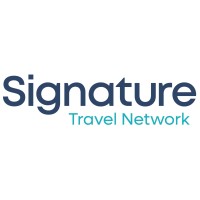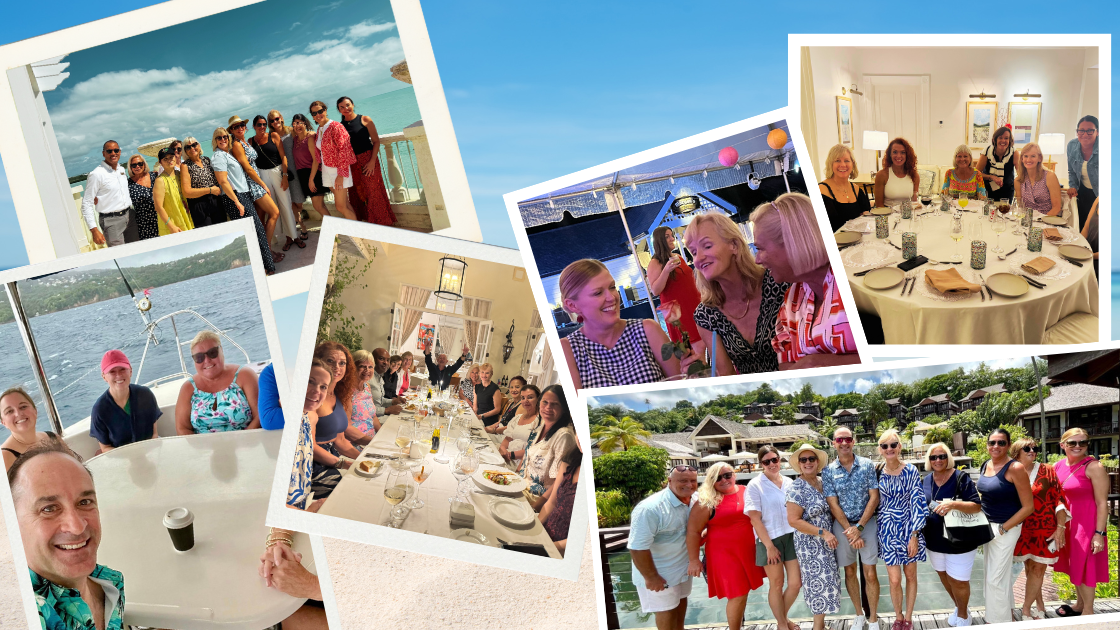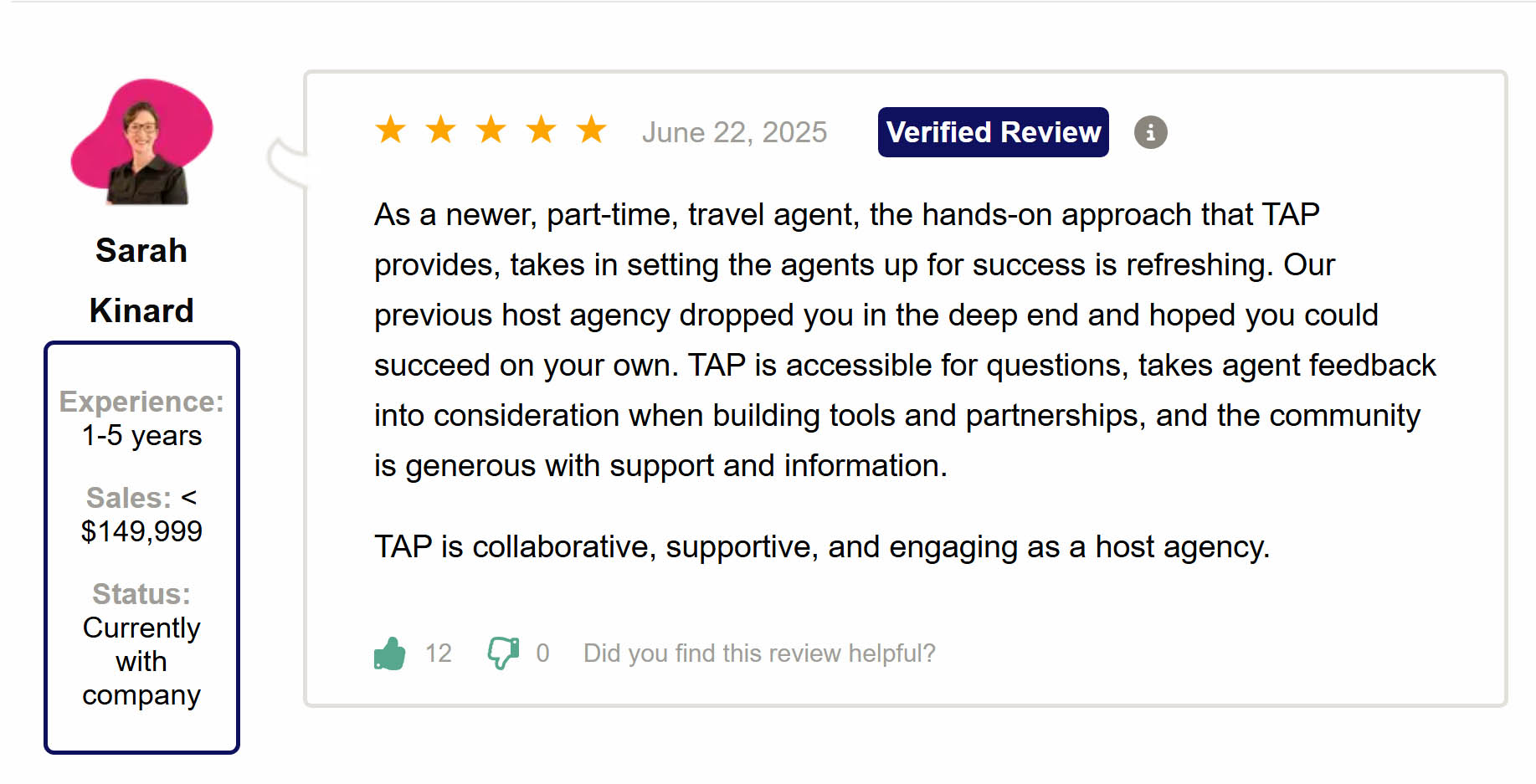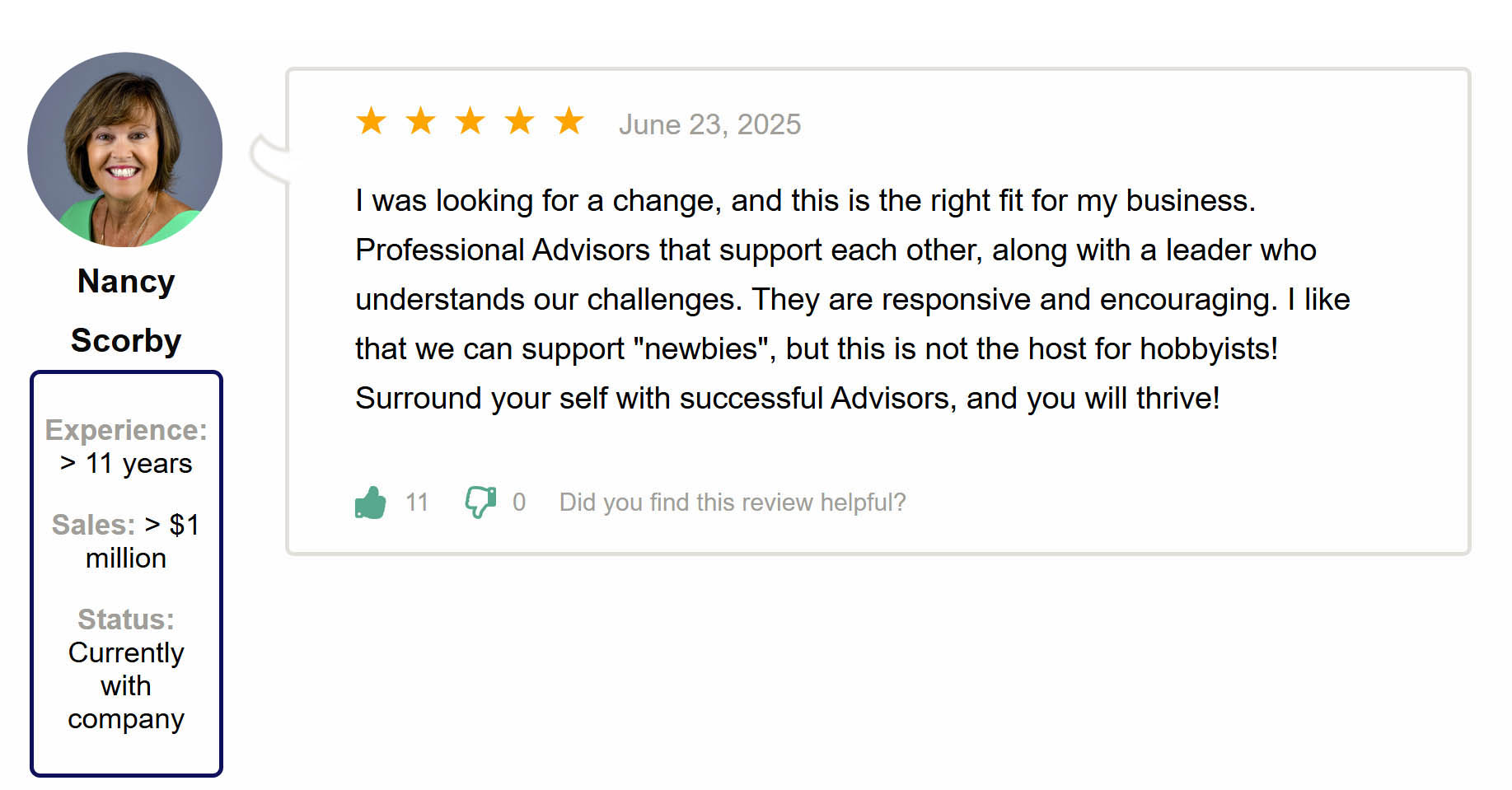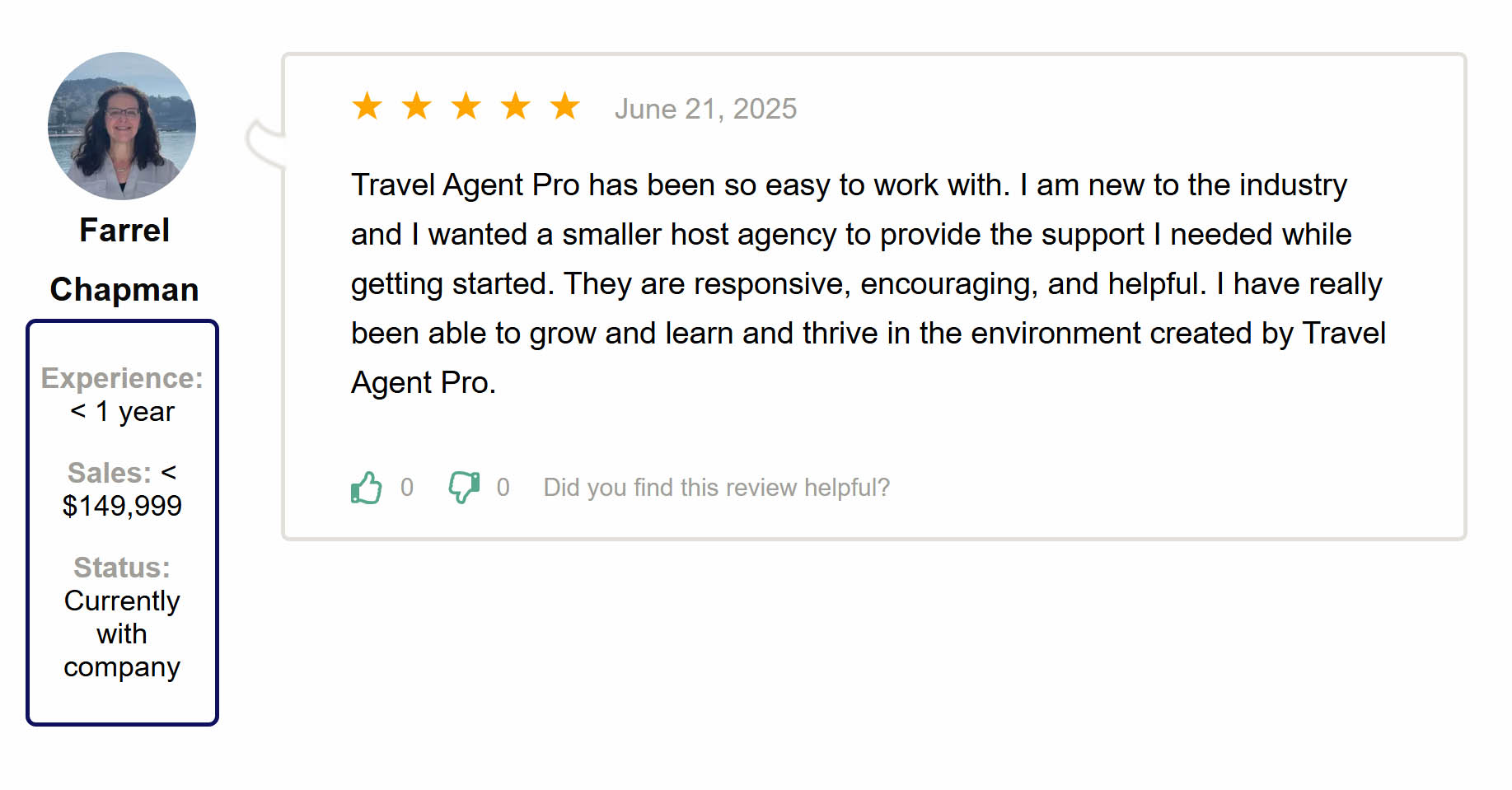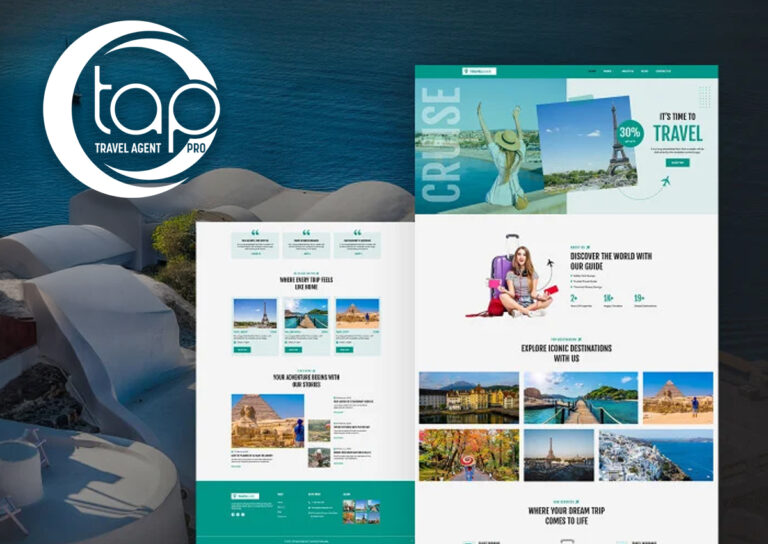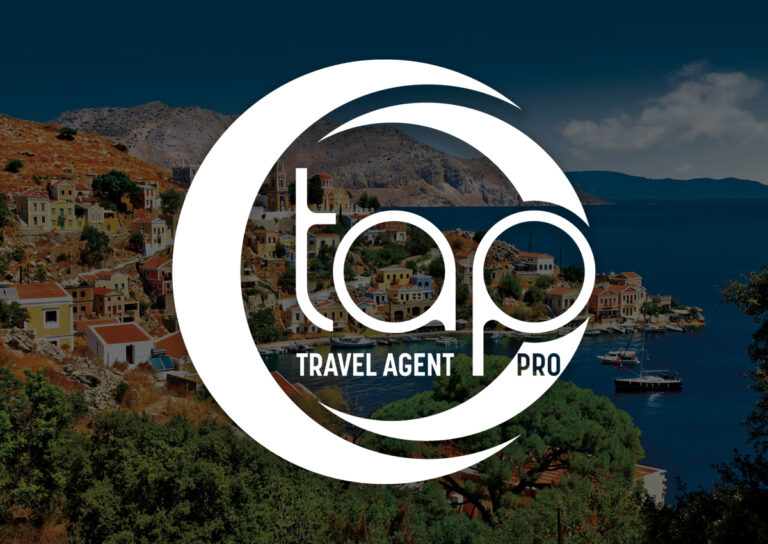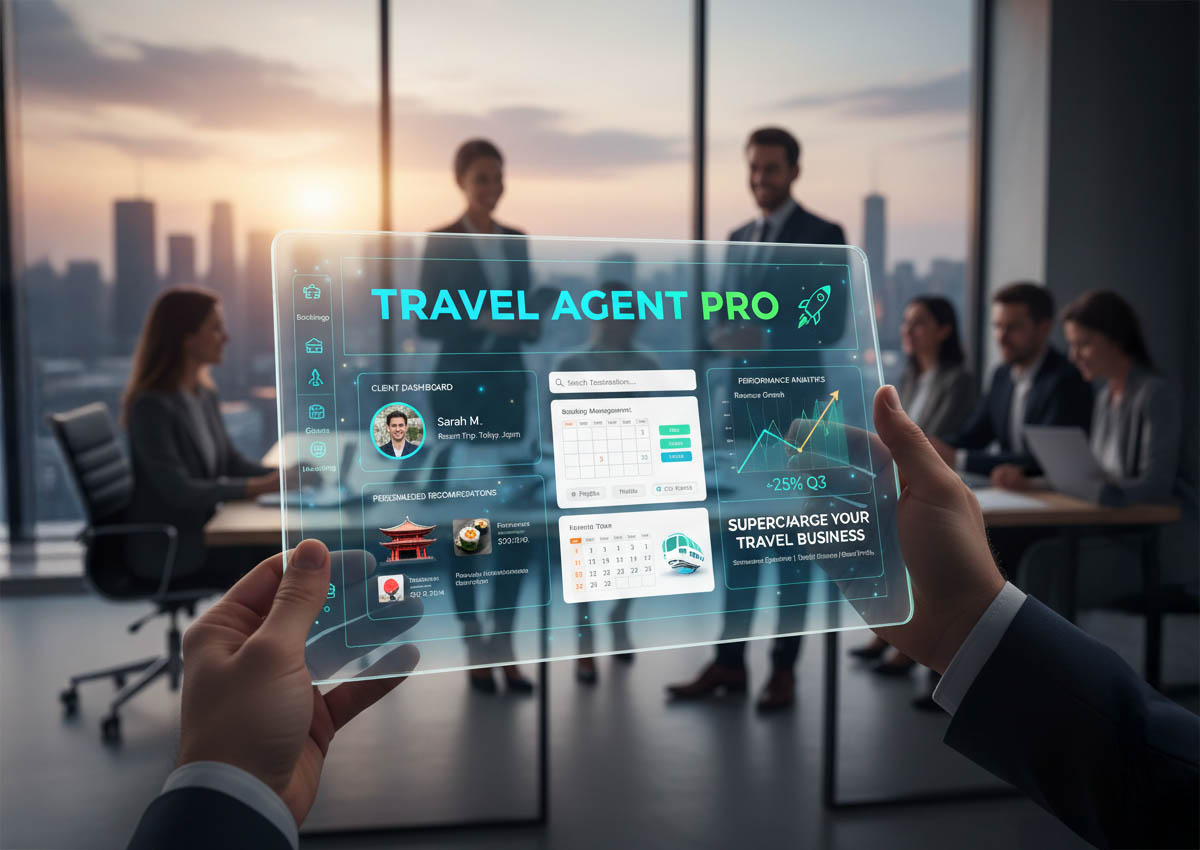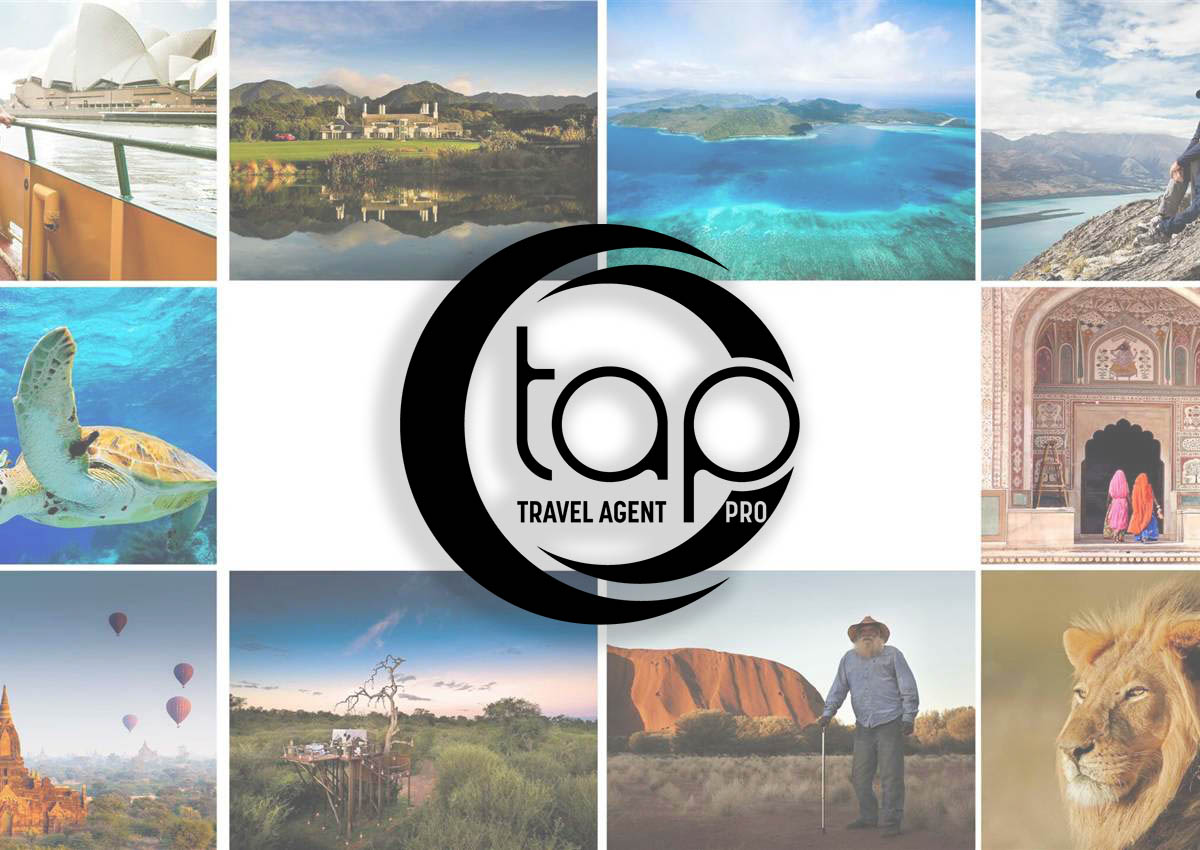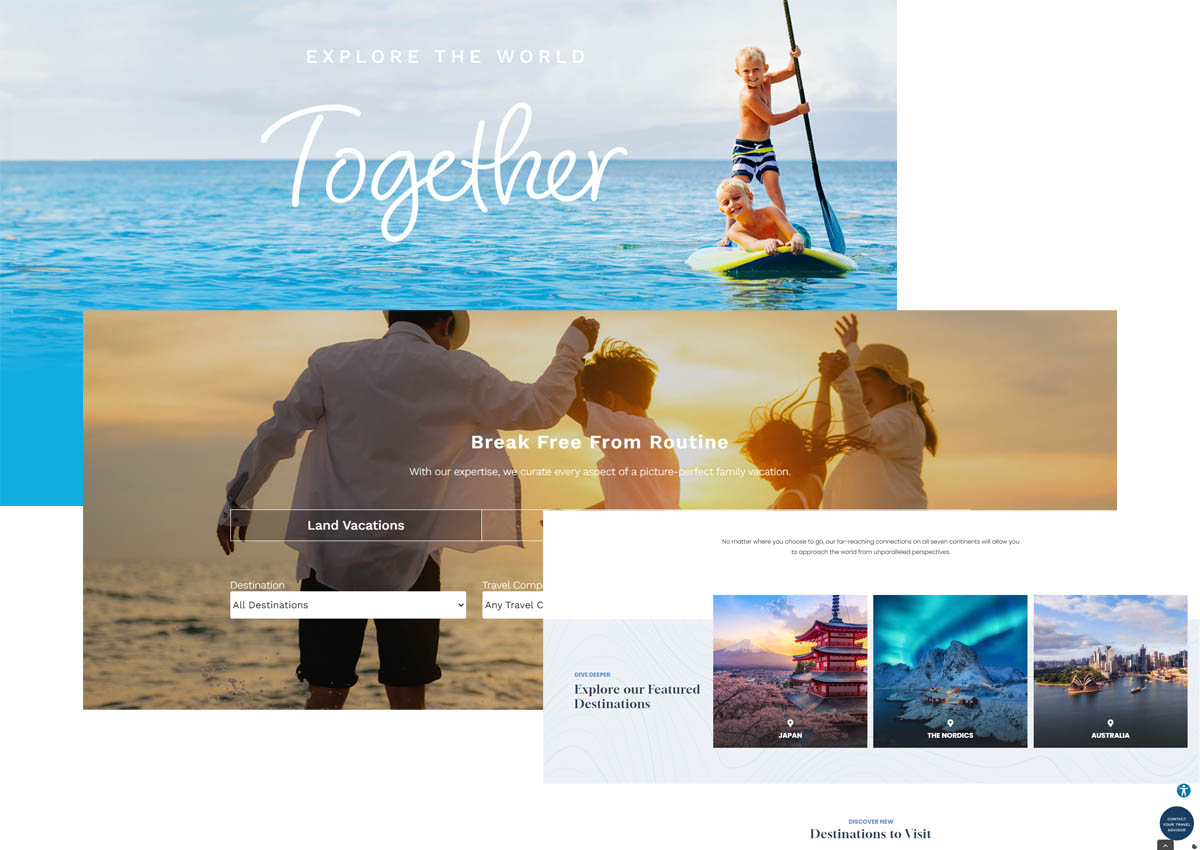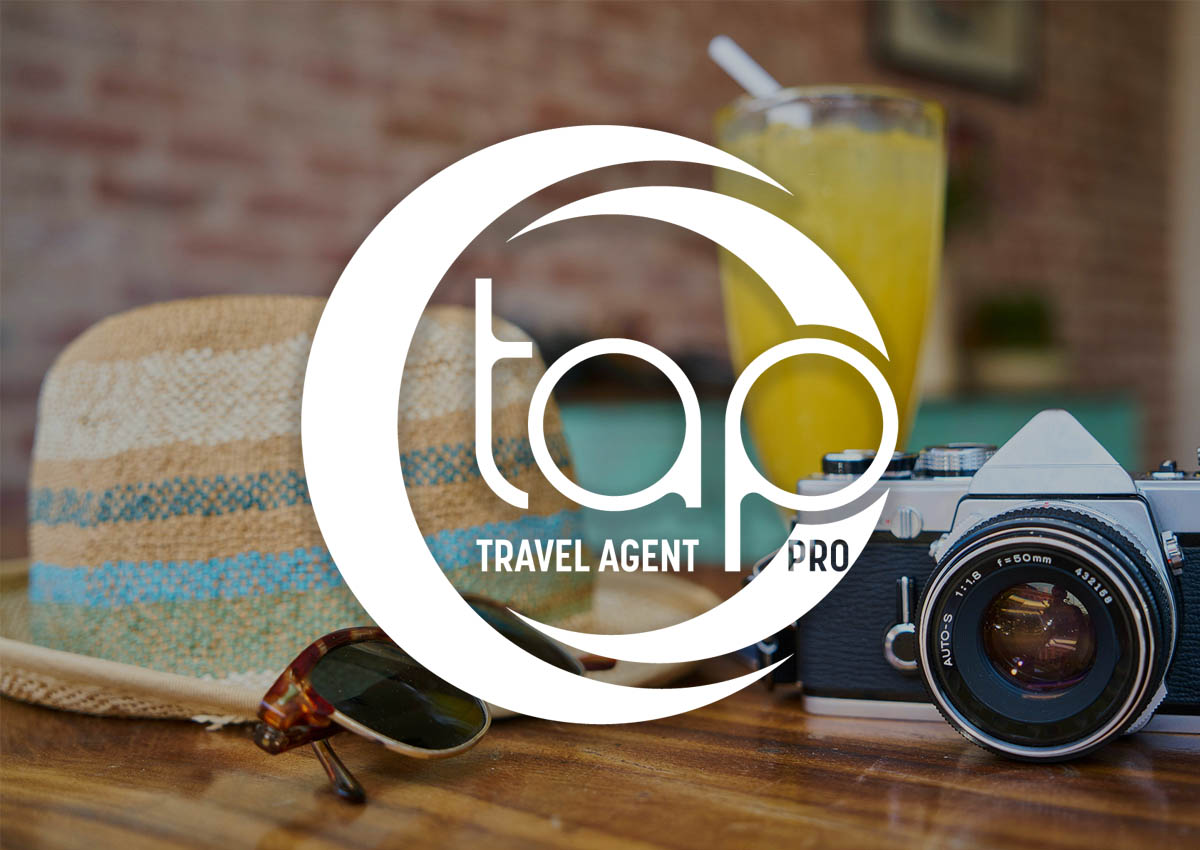Category :
Marketing & Social MediaMarketing Strategy for Travel Agents
To learn more techniques and how to create and grow your own travel business, sign-up to become a member today!

- Unlock your potential with a tailored marketing strategy designed for travel agents.
- Gain a competitive edge by understanding market research, target segments, and unique positioning.
- Join Travel Agent Pro and access resources to implement effective marketing strategies and achieve your business goals.
A marketing strategy is your business’s battle plan that guides your future marketing efforts. This is different than a marketing plan.
A marketing plan is a roadmap for executing your marketing strategy over a given period of time, usually a year.
See our guide: Marketing Plan for Travel Agents
A marketing strategy helps you choose the right marketing tactics, like promoting your blog posts or creating an affiliate program. I need to make the distinction between strategy and tactics clear because you’ll often see people using these interchangeably.
Market Research, Understand Current Data
As a travel agent developing a marketing strategy, leveraging different types of data can greatly enhance your market research:
Market Segmentation
Divide the market into distinct groups of potential customers who have similar needs and preferences. Tailor your travel packages and marketing efforts to specific groups, such as luxury travelers, adventure enthusiasts, or families.
Competitive Analysis
Identify your competitors and evaluate their strategies to determine their strengths and weaknesses relative to your service. Understand what other travel agents offer to identify gaps in the market and potential areas for growth.
Qualitative Market Data
Gather information about customer opinions, preferences, and motivations. Use this data to understand the emotional and psychological reasons behind why customers choose certain travel destinations or services, which can help tailor your marketing messages and services.
Quantitative Market Data
Use numerical data, such as statistics on travel trends, customer demographics, or sales figures. It can be used to measure market size, identify trends, and set realistic targets for your business.
Combining these different types of data can provide a comprehensive view of the market, helping you to make informed decisions and develop a targeted, effective marketing strategy. Join Travel Agent Pro for expert guidance on market research!
target market segments
To develop a successful marketing strategy as a new travel agent, it's crucial to identify your ideal target market segments where you can maximize profitability given your resources and expertise. Here are some steps to guide you:
Assess Strengths & Resources
Reflect on your knowledge, education, training, and resources. Focus on areas like luxury travel or specific destinations where you have expertise.
Market Research
Conduct thorough market research to understand different segments within the travel industry. Look for trends, emerging markets, and underserved niches.
Identify Profitable Niches
Based on your research, identify niches that are both profitable and align with your strengths. Eco-tourism could be a lucrative niche.
Understand Customer Profiles
Create detailed customer profiles for each potential segment. Consider factors like age, income, travel preferences, and motivations for travel.
Evaluate the Competition
Look at what your competitors are doing and identify gaps in their offerings. Positioning yourself in areas where competition is lower but demand is high can be more profitable.
Resource Allocation
Allocate your resources (time, money, effort) in a way that maximizes your return on investment. Focus on segments where you can leverage your existing resources effectively.
Marketing Strategy Development
Develop a marketing strategy that speaks directly to your chosen segments. This might include specialized travel packages, targeted advertising, content marketing (like blogs or social media posts about specific travel experiences), and networking in niche travel communities.
Feedback and Adaptation
Once you start implementing your strategy, gather feedback from clients and monitor market trends. Be ready to adapt your approach as you learn more about what works and what doesn’t in your chosen segments.
Continuous Learning
Stay informed about changes in travel patterns, customer preferences, and the global travel industry. Continuous learning and adaptation will help you stay relevant and profitable.
Networking and Partnerships
Build relationships with other travel industry professionals, tourism boards, and local service providers in your target destinations. Partnerships can offer mutual benefits and enhance your service offerings.
By carefully analyzing your strengths, researching the market, and focusing on profitable niches that align with your expertise, you can effectively target market segments that offer the greatest potential for success in your travel agency business. Travel Agent Pro provides networking opportunities to boost your business!
How do my new ideal clients see me, versus my competition?
As a travel agent, what makes me stand out and be different than everyone else in the area where I'm marketing?
Developing a successful marketing strategy as a travel agent involves positioning yourself well in the markets where you would like to focus your marketing efforts.
There are several key steps to ensure you effectively appeal to your target market through proper positioning. Here's a guide to help you in this process:
Understand Your Target Market
Clearly define who your target customers are. Understand their needs, preferences, and behaviors. Consider factors such as age, income, interests, travel motivations, and preferred destinations.
Identify Your USP
Determine what sets you apart from competitors. It could be specialized knowledge, personalized service, exclusive packages, or expertise in specific destinations.
Align Your Brand with Customer Values
Your brand should reflect values that resonate with your target market. Emphasize sustainable and responsible travel practices if targeting eco-conscious travelers.
Customize Your Offerings
Tailor your travel packages and services to meet the specific needs of your target market. This could include customized itineraries, unique experiences, special accommodation options, etc.
Leverage the Right Marketing Channels
Choose marketing channels that are most effective in reaching your target audience. This could include social media platforms, travel blogs, email marketing, or partnerships with influencers in your niche.
Create Engaging Content
Develop content that engages and informs your target audience. Share travel tips, destination guides, customer testimonials, and stories that showcase your expertise.
Customer Testimonials and Reviews
Positive reviews and testimonials from satisfied customers can be powerful in building trust and credibility. Encourage your clients to leave reviews.
Offer Exceptional Customer Service
Providing excellent service can set you apart and create loyal customers who are likely to refer others to you. Be responsive, helpful, and go above and beyond.
Monitor and Adapt to Market Trends
Stay informed about the latest trends in travel and adjust your offerings and marketing strategies accordingly. Being adaptable and innovative can help you stay relevant.
Evaluate and Adjust Your Strategy
Regularly assess the effectiveness of your marketing efforts. Use customer feedback, analytics, and sales data to understand what's working and what isn't.
By understanding your target market, emphasizing your unique strengths, aligning your offerings and marketing efforts with customer preferences, and continuously adapting to changes and feedback, you can effectively position yourself in the travel industry and appeal to your chosen market segment. Travel Agent Pro offers marketing tools and support to help you stand out!
What makes you distinct in the mind of your target audience
How can you incorporate your logo and/or any unique visual style that becomes instantly recognizable to your prospective clients?
This enables your existing audience, which you are cultivating to a sale, to connect the dots easily. Even at a glance, for example, when scrolling in their Instagram feed, they know the post is from you as it contains your unique branding and approach.
Set Strategic Objectives
Setting strategic objectives for your marketing as a travel agent involves a thoughtful and structured approach. Here's a guide to help you outline your marketing objectives for the upcoming year:
Define Clear, Measurable Goals
Your objectives should be specific, measurable, achievable, relevant, and time-bound (SMART). For example, "Increase sales of eco-tourism packages by 20% by the end of Q2".
Understand Your Market and Competitors
Conduct a thorough market analysis to understand the trends, customer preferences, and what your competitors are doing. This knowledge will help you set realistic and relevant goals.
Align with Business Goals
Ensure that your marketing objectives align with the broader goals of your business. If your overall business goal is to expand into new markets, your marketing objectives should support this.
Focus on Customer Acquisition and Retention
Set objectives for both attracting new customers and retaining existing ones. For example, "Acquire 100 new customers each quarter" and "Increase repeat customer bookings by 15% annually."
Enhance Brand Awareness and Positioning
Goals related to brand awareness are crucial. These might include "Improve brand recognition in the luxury travel segment by participating in five industry events".
Leverage Digital Marketing
Set objectives around your website, social media, and email marketing. For instance, "Increase website traffic by 25% through SEO and content marketing".
Implement CRM Objectives
Enhance your CRM system for better customer service, like "Implement a new CRM system to personalize customer interactions and improve response times."
Focus on Conversion Rates
Rather than just increasing traffic, aim to improve conversion rates. For example, "Increase online booking conversion rates from 2% to 4%."
Budget and ROI Objectives
Set clear objectives for your marketing budget and expected return on investment. For instance, "Achieve a 15% return on investment for all digital marketing efforts."
Continuous Learning and Adaptation
Set goals that encourage keeping up-to-date with industry knowledge and adapting to changes. For example, "Attend two international travel expos to gain insights into emerging travel trends."
Employee Training and Development
Include objectives related to staff training to ensure your team has the skills needed to achieve your goals. E.g., "Provide advanced customer service training to all staff by Q3."
Sustainability Objectives
If sustainability is a key part of your brand, set objectives around this, like "Introduce five new sustainable travel packages by Q4."
Remember, the key to successful strategic objectives is to make them clear, achievable, and aligned with both your marketing strategy and overall business goals. Regularly review and adjust these objectives as needed to reflect changing market conditions and business priorities. Travel Agent Pro helps you set and achieve your strategic objectives!
In Closing
If you follow these steps to develop a marketing strategy, you’ll be better off than 99% of travel agents, who have no strategy, and are just living day-to-day on whatever happens without a plan. If you search for travel agent marketing online, our industry seems to push exciting “must-try” tactics as strategies. But with your marketing strategy, you will know better than that.
If you see some new cool marketing idea and it aligns with your marketing strategy, sure, go ahead, give it a shot. But you’ll often find that it’s better to stick with your roadmap you have outlined for yourself.
As a new travel agent, starting a marketing strategy involves understanding several key components:
Identify Your Target Market
Define who your ideal clients are. This could be based on demographics, travel preferences, or specific niches like luxury travel, adventure tourism, family vacations, etc.
Set Clear Objectives
Establish what you want to achieve with your marketing, such as increasing brand awareness, generating leads, boosting sales, or building customer loyalty.
Choose the Right Marketing Channels
Decide where to focus your marketing efforts. This could include social media, email marketing, content marketing (blogs, articles), SEO, or traditional advertising.
Develop Your USP
Determine what sets you apart from other travel agents. This could be specialized knowledge, unique travel packages, personalized service, etc.
Create Engaging Content
Develop content that resonates with your target audience and showcases your expertise in the travel industry.
Plan and Budget
Develop a detailed plan that outlines your marketing activities and allocate a budget for each activity.
Measure and Adjust
Continuously monitor the performance of your marketing efforts and be prepared to adjust your strategy based on the results.
Remember, a successful marketing strategy is one that is well-planned, adaptable, and consistently aligns with the needs and interests of your target market. Join Travel Agent Pro and gain access to expert guidance and resources to create a winning marketing strategy!
Learn more about this by signing up as a member, today! Travel Agent Pro Application Form.
To learn more techniques and how to grow your travel business, read more on our Pathfinder Series.

